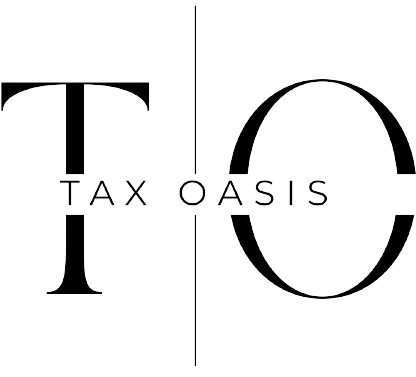Australia is advancing toward a modern and efficient payments system, balancing the rise of digital payments with the need to maintain cash accessibility and phasing out cheques in a structured manner. Here’s an in-depth look at the government’s plan for cash and cheques and how Tax Oasis can help you adapt seamlessly.
Cash Remains Essential
While digital payments dominate, cash continues to play a critical role for many Australians, especially in emergencies or regions with limited digital infrastructure. The Albanese Government is taking proactive steps to preserve its accessibility while ensuring businesses are prepared for a digital future.
Mandated Cash Acceptance
The government will mandate that businesses accept cash for essential goods and services, such as groceries and fuel. The key points include:
- A consultation process starting in late 2024 will determine which businesses fall under this mandate.
- Exemptions will apply to certain small businesses to minimise undue burden.
- A cash acceptance mandate is expected to begin from 1 January 2026.
Cash for Critical Situations
Cash remains a lifeline for around 1.5 million Australians who rely on it for more than 80% of their in-person transactions. Additionally, cash provides a dependable fallback during natural disasters or digital outages.
Learning from Global Models
Similar mandates are already in place in countries like Spain, France, and Norway, and in U.S. states such as New York and Illinois. Australia’s approach aims to align with these best practices while addressing local needs.

Impact on Industries
The government’s policies can have varying effects across sectors:
- Retail and Groceries
Large retailers must prepare for the cash mandate, ensuring systems are in place to handle cash payments efficiently. - Fuel and Transport
Service stations will need to maintain infrastructure to process cash transactions alongside digital payments. - Small Businesses
While some may qualify for exemptions, it’s critical to understand eligibility and prepare for changes. - Education and Healthcare
Sectors catering to diverse demographics must accommodate cash users, particularly in regional areas.
The End of Cheques: Key Dates to Remember
The cheque phase-out is part of a broader effort to modernise payment systems:
- 2024: Treasury begins consultations to identify essential sectors and businesses affected.
- 30 June 2028: Cheques will no longer be issued.
- 30 September 2029: Cheques will no longer be accepted as a payment method.
This phased approach allows businesses and individuals ample time to adopt alternative payment methods, supported by banks and financial institutions committed to customer assistance.
Preparing Your Business
With these changes on the horizon, businesses can take proactive steps to adapt:
- Upgrade Payment Systems: Invest in technology that supports both cash and digital payments.
- Plan for Cheque Alternatives: Transition clients and vendors using cheques to electronic payments.
- Educate Staff and Clients: Ensure your team is trained to handle the changes and communicate clearly with customers.
How Tax Oasis Can Help
At Tax Oasis, we specialise in helping businesses navigate regulatory changes and modernise their financial operations. Whether it’s understanding government mandates, planning for the cheque phase-out, or managing cash flow effectively, we’re here to guide you.
Connect with Tax Oasis for Expert Guidance
Have questions about the transition to digital payments, cash mandates, or cheque phase-outs? Reach out to Tax Oasis today! Let us help you future-proof your business and ensure compliance with the evolving payments landscape.
Follow us for insights and tips on managing these changes effectively. Together, we’ll pave the way for a smooth and prosperous transition!

